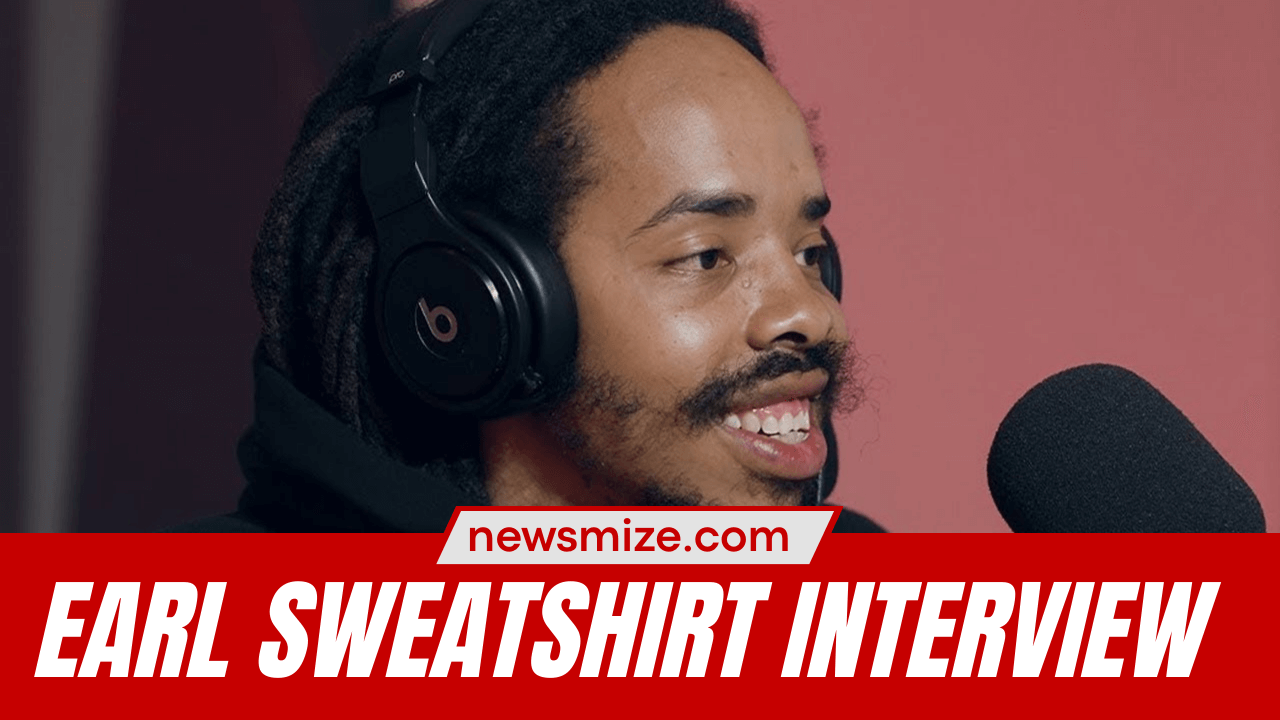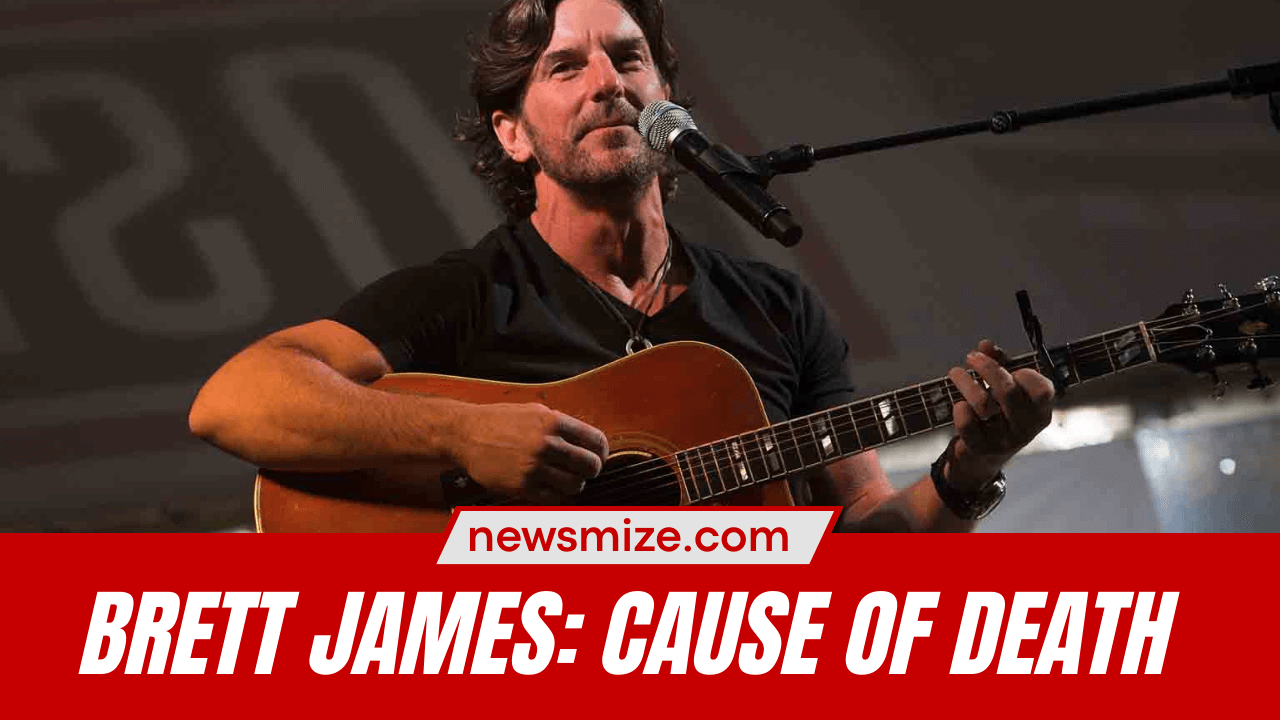Earl Sweatshirt has never been one to follow the crowd. From his early days as a teenage prodigy with Odd Future to his current status as one of alternative hip-hop’s most compelling voices, the Los Angeles-born rapper has carved out a unique space in the genre. Known for his dense wordplay, introspective themes, and willingness to tackle difficult subjects head-on, Earl has consistently pushed boundaries while staying true to his artistic vision.
In a rare and candid interview, Earl Sweatshirt sat down to discuss his evolution as an artist, the challenges of fame, and his ongoing journey toward authenticity. The conversation, which took place during the promotion of his latest work, offers unprecedented insight into the mind of an artist who has spent over a decade refusing to compromise his vision for commercial success.
This interview comes at a pivotal moment in Earl’s career. Having established himself as a critical darling and cult favorite, he continues to navigate the balance between artistic integrity and industry expectations. His willingness to discuss personal struggles, creative processes, and the state of hip-hop makes this conversation particularly significant for fans and newcomers alike.
Earl’s Artistic Evolution
Earl Sweatshirt’s journey began in the most unlikely of circumstances. At just 16 years old, he found himself thrust into the spotlight as a member of Odd Future, the controversial rap collective that took the music world by storm. His early work, characterized by dark humor and shocking imagery, showcased an undeniable talent for wordplay and storytelling that set him apart from his peers.
“I was a kid trying to make sense of the world through the most extreme lens possible,” Earl reflects on his early work. “The shock value was real, but it wasn’t the whole story. There was always something deeper I was trying to express, even if I didn’t have the tools or maturity to articulate it properly.”
The meteoric rise came with unexpected challenges. Fame at such a young age brought intense scrutiny and pressure that Earl wasn’t prepared to handle. The industry’s expectations often clashed with his artistic instincts, creating a tension that would define much of his early career.
Over the years, Earl’s music has undergone a remarkable transformation. The shock value and provocative imagery have given way to deeply introspective and authentic artistry. Albums like “I Don’t Like Shit, I Don’t Go Outside” and “Some Rap Songs” showcase an artist willing to confront his demons and share his vulnerabilities with listeners.
“The transition wasn’t conscious at first,” Earl explains. “I just started writing about what was really happening in my life instead of what I thought would get attention. The more honest I got, the more people connected with the music.”
Creative Process & Inspirations
Earl’s approach to creating music is as unique as his sound. Unlike many of his contemporaries who rely heavily on collaborators and writers’ rooms, Earl maintains a deeply personal and solitary creative process. He often begins with a feeling or emotion rather than a specific concept or hook.
“I write when I need to understand something about myself or my situation,” he says. “The music becomes a way of processing experiences and emotions that I can’t handle any other way.”
His influences extend far beyond hip-hop. Earl draws inspiration from literature, visual art, and even cartoons. Authors like Toni Morrison and James Baldwin have shaped his approach to storytelling, while animated series like “Adventure Time” provide unexpected creative sparks.
“People always want to put artists in boxes based on their genre, but creativity doesn’t work that way,” Earl notes. “Some of my best lyrics have come from watching cartoons or reading poetry. The inspiration can come from anywhere if you’re paying attention.”
Personal experiences, particularly grief and growth, play a central role in his music. The loss of his father and his struggles with depression have provided raw material for some of his most powerful songs. Rather than avoiding difficult subjects, Earl uses his music as a vehicle for processing trauma and finding meaning in pain.
Industry Frustrations and Independence
Earl’s relationship with the music industry has been complicated from the beginning. As a young artist, he encountered gatekeepers and executives who wanted to mold him into something more commercially viable. These early experiences taught him valuable lessons about maintaining artistic integrity in a business often focused on profit over artistry.
“The industry wants to package you and sell you as a product,” Earl observes. “But art isn’t a product. It’s an expression of who you are as a person. The moment you start making art to please other people, you lose the thing that made it special in the first place.”
Instead of conforming to mass expectations, Earl has chosen to maintain his authenticity even when it means smaller commercial success. This decision has allowed him to build a dedicated fanbase that connects with his honest approach to music-making.
His philosophy on change extends beyond his career to his personal growth. Earl sees adaptation as essential for both artists and individuals, but believes this change must come from within rather than external pressures.
“Change is inevitable, but it should be organic,” he explains. “I’ve grown as a person and as an artist, but I’ve never tried to be someone I’m not just to fit in or sell more records.”
Mental Health and Personal Struggles
Few artists have been as candid about mental health struggles as Earl Sweatshirt. His music frequently addresses depression, substance abuse, and the isolation that can come with fame and success. This openness has resonated with fans who see their own struggles reflected in his lyrics.
“Depression isn’t something you overcome once and then it’s gone,” Earl shares. “It’s something you learn to live with and manage. My music has become part of that management process.”
The impact of fame on mental health is a recurring theme in the interview. Earl describes the strange disconnect between public perception and private reality that many successful artists experience. The pressure to maintain a certain image while dealing with personal struggles can be overwhelming.
“Success doesn’t cure depression or solve your problems,” he notes. “Sometimes it makes them worse because you feel like you should be grateful and happy all the time. But that’s not how mental health works.”
Over time, Earl has developed coping mechanisms that include therapy, meditation, and a more intentional approach to his relationships and career choices. He credits his personal growth with making him a better artist and person.
Collaborations and Community
Despite his reputation as a somewhat reclusive artist, Earl values collaboration and community within the music industry. He has worked with a diverse range of artists and producers, always seeking partnerships that challenge him creatively rather than simply expanding his commercial reach.
“The best collaborations happen when everyone involved brings something unique to the table,” Earl explains. “I’m not interested in working with someone just because they’re popular or because it makes business sense. I want to work with people who inspire me and push me to be better.”
His advice to fellow musicians centers on helping others without compromising one’s artistic integrity. Earl believes that success in hip-hop shouldn’t require “selling your soul” or abandoning the values that drive your creativity.
“You can support other artists and build community without losing yourself in the process,” he says. “The best way to help the culture is to stay true to what you believe in and create music that matters to you.”
Looking toward the future, Earl’s aspirations focus more on artistic legacy than commercial success. He wants to be remembered as an artist who stayed true to his vision and created music that helped people feel less alone in their struggles.
Final Thoughts & Takeaways
As the interview draws to a close, Earl reflects on the importance of truth and clarity in both life and art. His commitment to living authentically has shaped not only his music but his entire approach to existence.
“The older I get, the more I value honesty,” he shares. “Not just in my music, but in how I live my life. It’s harder to lie to yourself when you’re putting your thoughts and feelings into songs that thousands of people will hear.”
The balance between life and art remains an ongoing challenge. Earl acknowledges that his music often draws from difficult experiences, creating a complex relationship between personal struggle and artistic expression.
“I don’t want to suffer just to make good music, but I also can’t pretend that my struggles haven’t informed my art,” he explains. “It’s about finding a balance where you’re living your life, not just mining it for material.”
Looking ahead, fans can expect Earl to continue pushing boundaries and exploring new creative territories. He hints at upcoming projects that will showcase his continued growth as both an artist and a person.
The Lasting Impact of Earl’s Artistic Journey
This interview reveals Earl Sweatshirt as more than just a talented rapper—he emerges as a thoughtful artist committed to authenticity in an industry that often rewards the opposite. His willingness to discuss mental health, creative struggles, and the challenges of fame provides valuable insights for both fans and fellow artists.
Earl Sweatshirt’s story matters to hip-hop because it demonstrates that commercial success and artistic integrity don’t have to be mutually exclusive. In an era where many artists feel pressure to conform to industry expectations, Earl’s journey serves as a reminder that the most meaningful art often comes from the most honest places. His continued evolution as an artist and person ensures that his voice will remain relevant and necessary in hip-hop’s ongoing conversation about authenticity, mental health, and creative freedom.

